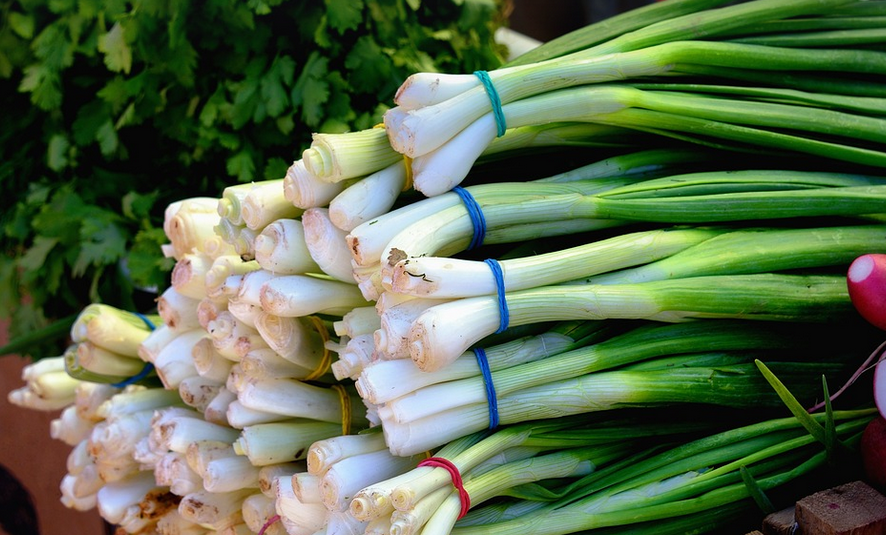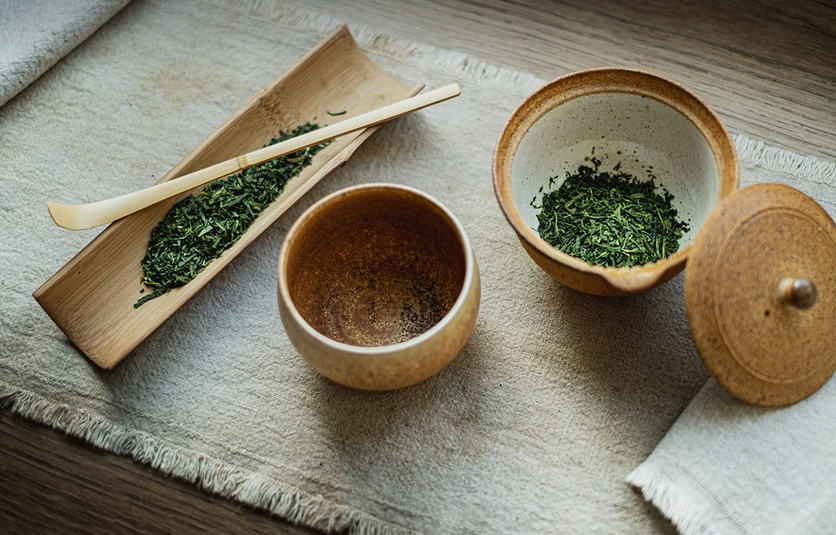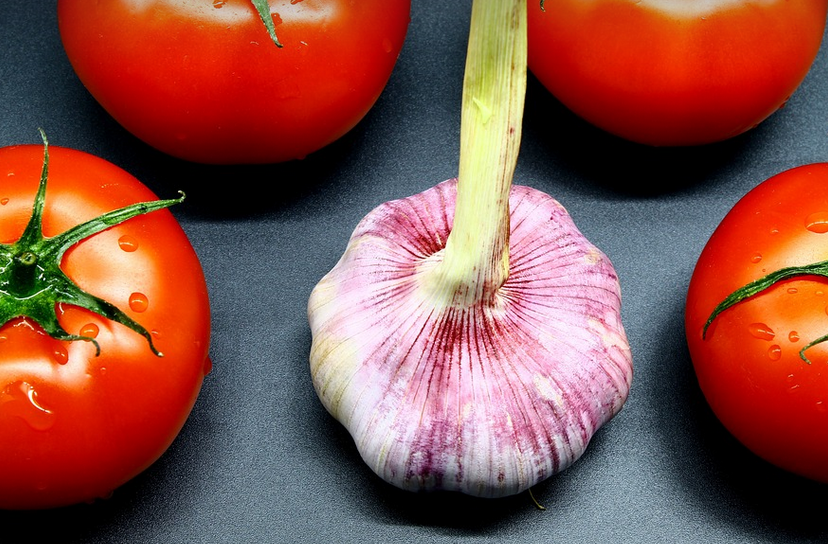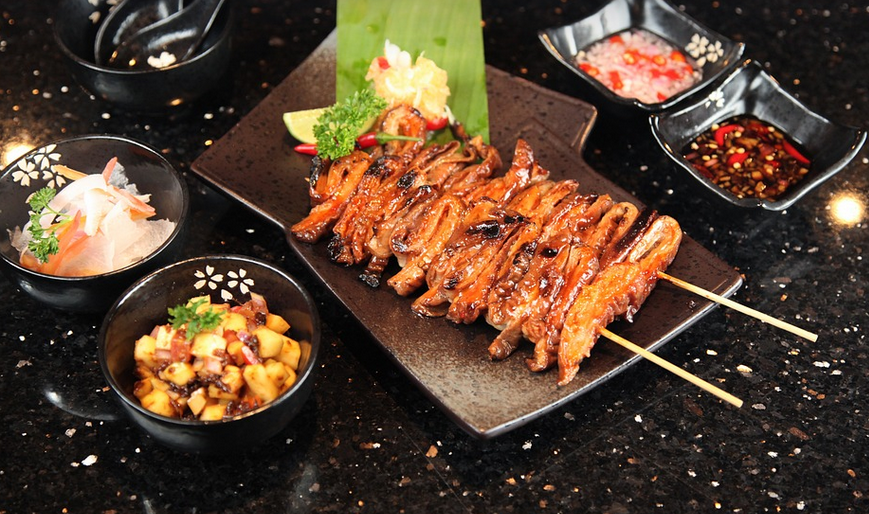Understanding Your Meat Bird’s Nutritional Needs
Raising meat birds, whether it’s for a backyard flock or a commercial operation, requires carefully crafted feeding schedules and balanced diets. These little bundles of protein-packed potential are growing rapidly, and their needs change as they age. A well-planned feeding schedule helps maximize growth, improve overall health, and enhance the final product you’re aiming for: juicy, delicious meat!
Understanding your meat bird’s journey from hatchling to harvest is key to successful feeding. Meat birds start their lives needing a diet packed with essential nutrients like protein, fat, vitamins, and minerals to fuel rapid growth. As they progress, those needs shift as they mature into bigger, heavier birds.
The Feeding Schedule Blueprint
A typical meat bird feeding schedule is designed based on age and weight. Let’s break down the stages:
**1. Early Stages (First 3-4 Weeks): A Foundation of Growth & Development**
In these critical early weeks, your chicks’ primary focus is on establishing a strong foundation for future growth. This initial phase involves feeding them a specially formulated starter chick feed that’s high in protein and other essential nutrients like calcium, phosphorus, and vitamins.
The right starter diet has to be nutritionally balanced for optimal development. It’s all about providing the building blocks for strong bones, a healthy immune system, and good muscle growth. Remember, this feed should be provided with an appropriate amount of water, ensuring they stay hydrated and well-nourished.
**2. Growth Phase (4-8 Weeks): A Transition to Maturity**
As your chicks grow bigger and stronger, their dietary needs change again. At this point, a transition to grower feed is necessary. This type of feed provides them with the energy and nutrients they need to continue growing at a rapid pace while transitioning into a more mature bird.
The grower diet will often contain higher levels of protein than the starter feed for continued muscle development, but it’s also important to monitor their body condition to ensure they are not becoming overweight. This phase is crucial because overfeeding can lead to health issues and reduced meat yield!
**3. Finishing Phase (8-16+ Weeks): The Final Flourish for Meat Production**
Around the 8th week, your birds start to transition into their final stage of growth – the finishing phase. At this point, they require a specialized feed formulated specifically for meat production. This type of feed is designed to maximize muscle development and fat deposition.
The finishing diet has a higher energy density than earlier stages, with increased protein content and specific ratios of essential fatty acids (omega-3 & omega-6). This unique blend helps ensure a leaner, more flavorful product. Pay close attention to your birds’ feed intake, as they will eat less in the later stages compared to previous ones.
**4. Finishing Phase (16+ Weeks): The Final Flourish for Meat Production**
Around the 8th week, your birds start to transition into their final stage of growth – the finishing phase. At this point, they require a specialized feed formulated specifically for meat production. This type of feed is designed to maximize muscle development and fat deposition.
The finishing diet has a higher energy density than earlier stages, with increased protein content and specific ratios of essential fatty acids (omega-3 & omega-6). This unique blend helps ensure a leaner, more flavorful product. Pay close attention to your birds’ feed intake, as they will eat less in the later stages compared to previous ones.
Feeding Considerations: Beyond the Basics
There are a few additional factors that can help you optimize your meat bird feeding:
* **Water:** Always provide fresh, clean water. Chickens need to stay hydrated, especially during growth and fattening phases when they need more fluids! * **Food Management:** Monitor your birds’ feed intake closely. Overfeeding or underfeeding can impact their health and final weight. * **Hygiene & Cleanliness:** Ensure your feeders and watering troughs are regularly cleaned and disinfected to prevent bacterial contamination. A clean environment helps create a healthy flock! * **Health Checks:** Conduct regular health checks for signs of illness, such as lethargy, loss of appetite, or other symptoms. If you notice anything unusual, seek advice from an avian veterinarian if needed.
The Importance of Quality Feed
As your meat birds progress through the feeding stages, they require higher quality feeds to fuel their growth and development. The quality of feed directly impacts the final product’s taste, texture, and overall health.
A good-quality feed should be rich in protein, fat, vitamins, and minerals that are essential for muscle growth, healthy feathering, and a strong immune system. It’s always best to consult with an avian veterinarian or poultry nutritionist to choose the most suitable feed for your specific needs.
Remember, building a healthy flock starts before they even enter the meat phase. By following these feeding schedules, you can help them thrive and become delicious chicken pieces in no time!
***




